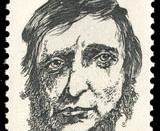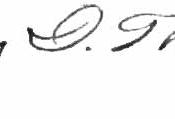It is customary to see people who are able to stand up and fight for their freedom and beliefs; however, seldom are they effectual at articulating their uprising statement with peaceful words instead of hysterical movements. The cases where the power of words can be effectual are illustrated in the essays written by Martin Luther King Jr. in "The Letter from Birmingham Jail" (1963), Virginia Woolf in "In Search of a Room of One's Own" (1929), and Henry David Thoreau in "Civil Disobedience" (1849). In King's essay, the author is singularly trying to justify his ground against the appeals of the majority and defend himself against the opposition's arguments. King begins by specifying how timely and righteous his actions truly are through portraying the length of time that his people have suffered from segregation and unbearable suppression from the majority. King explains that his righteousness comes from his conscience of disobeying unjust laws, which are created to restrain and exclude the minority.
Finally, King demonstrates the torments that his people have experienced, thus conveying his statements through personal experience. In Woolf's essay, the author begins by describing an unconscious culture that diseased the female population hundreds of years ago. Woolf then reveals that this disease of femininity essentially positions the nature of women and robs them of their inherent sense of self. Finally, through an imaginary character, Woolf demonstrates the suppression of feminism and the severity of its effect on women's mentality. In Thoreau's essay, the author begins by declaring that a man has the responsibility to act according to the state of his conscience, even if it goes against the opinion if the majority or the laws of society. Thoreau then relates his own experience of being put in jail for opposing war, when refusing to pay...


